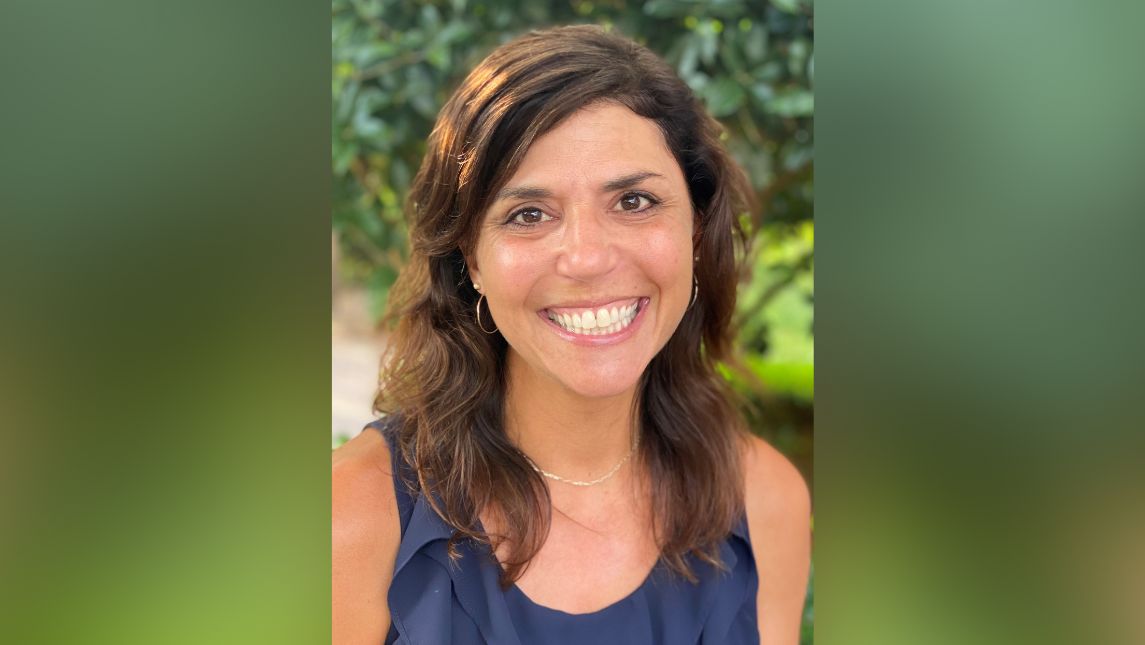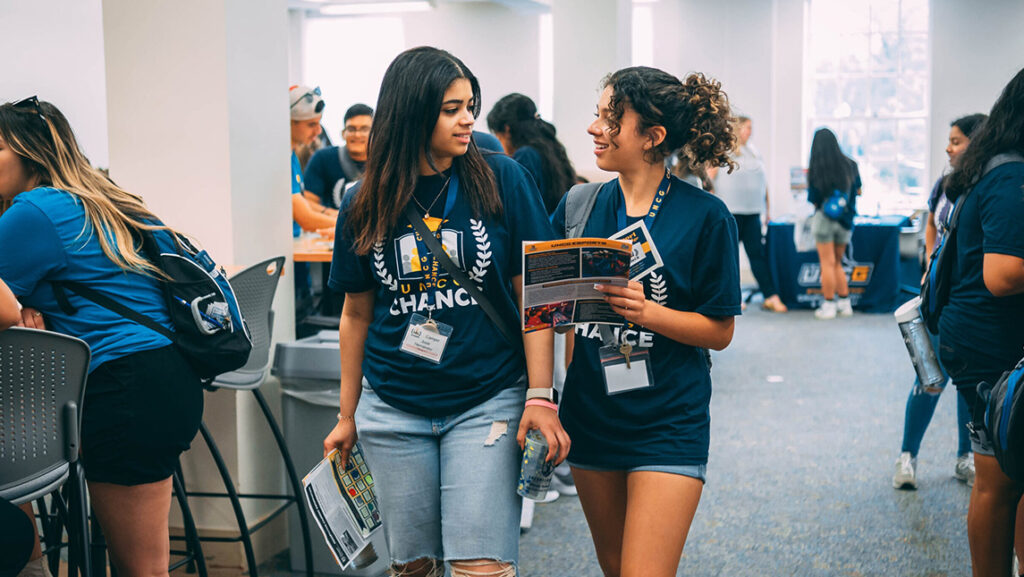At just 13 years old, people began to notice that Jennifer Baddour ’96 had a natural inclination for listening and supporting others. After being nominated to serve as a peer supporter in junior high, she learned skills and gained experience guiding young people through challenging times. This sparked in her the desire to care for others and serve her community, and her choice to come to UNC Greensboro.
She set her sights on a BS in human development and family studies with a specialization in children and adolescents. As a strong believer in mental health care and awareness as an ongoing responsibility, she is now a practicing counselor and licensed social worker, working with teens, mothers, college students, and couples.
Tell us about a favorite course, professor, or experience from UNCG.
I took a few courses from one particular grad student who made me feel like We are all here to do this thing together. Classes weren’t structured as top-down but felt like collaborative work. It was really inspiring. It never felt like I was just receiving information, but I was part of a bigger process. There was a level of respect and elevated conversation that wasn’t heady or ego-infused, but it was about learning as colleagues.
What inspired you to pursue Human Development and Family Studies?
I knew from 13 years old that being in a helping profession, working in a counseling setting, was going to be my jam. In junior high, I was nominated to be a peer support person, which meant I would help peers with conflict resolution. I did training and learned necessary skills. I was part of the same program in high school at a more in-depth level. Through a church, I participated in Stephen’s Friends, which teaches teens about basic counseling, listening, and support skills with the idea being to empower young people with the knowledge and hope they go out there and use it.
I started UNCG as a psychology major, but it didn’t feel up my alley; it is very research-based. Through that, I had to take HDFS courses. They felt hands-on and taught me applicable, concrete skills. The coursework felt relevant to work I was already doing. I was heavily involved in volunteering with organizations like Big Brothers Big Sisters, working about 10 hours per week; serving as vice president of UNCG’s chapter of Alpha Phi Omega, a national service fraternity; and Lunch Buddies, having lunch with elementary school students once per week. My HDFS classes translated what I was learning in the classroom to what I was doing outside of the classroom.
Tell us about your professional journey since graduating UNCG.
The year between undergrad and grad school, I worked in a group home in Durham for adolescent girls. I then completed the Master of Social Work degree with a focus on children and families from UNC-Chapel Hill. My career path has led me to a variety of settings.
I am currently an individual and family therapist and licensed social worker. I’ve been working in private practice for 19 years. I was part of a group practice for the first 12 years, and when my daughter was born, I moved into my own space. I work with kids age 11 and up. My niche is teenage girls and their mothers, though I see a lot of college students and a lot of couples.
What is rewarding about your current position?
Working in private practice is fantastic because I have longevity with many folks. It’s an honor when someone lets me be part of their process and trusts me with themselves, their child or their marriage. It’s a big deal because it’s the most important thing to that family or person. It’s humbling to be let into such vulnerable times and places. And to see people do the work and get to a different space is so rewarding. It’s not about me, but it’s really neat to see. It’s pretty special.
What advice do you have for current UNCG students in your field?
Get out in the field, especially in light of the pandemic. Find safe ways to marry the things you are learning in class with real-time experiences to make the most out of your school experience.
Also, keep an open mind. You may walk into school with a plan, thinking you have it all figured out. I thought I was going to work with children forever, and I found I gelled well with adolescents and young adults in a way I had never considered. You need to be open to accept new information about yourself, new opportunities, and the world around you as it comes in.
May was Mental Health Awareness Month. Why do you think it’s important to have a month dedicated to awareness?
Taking care of mental health / self-care is not a sidebar class but has to be a part of everyday conversation. I celebrate and honor that we are working to keep it top of mind. If anything, the earlier we are teaching kids about the reality of mental health and what it means to take care of yourself, the more ingrained and regular it becomes.
Story and interview by AMBCopy, University Communications
Photography courtesty of Jennifer Baddour



